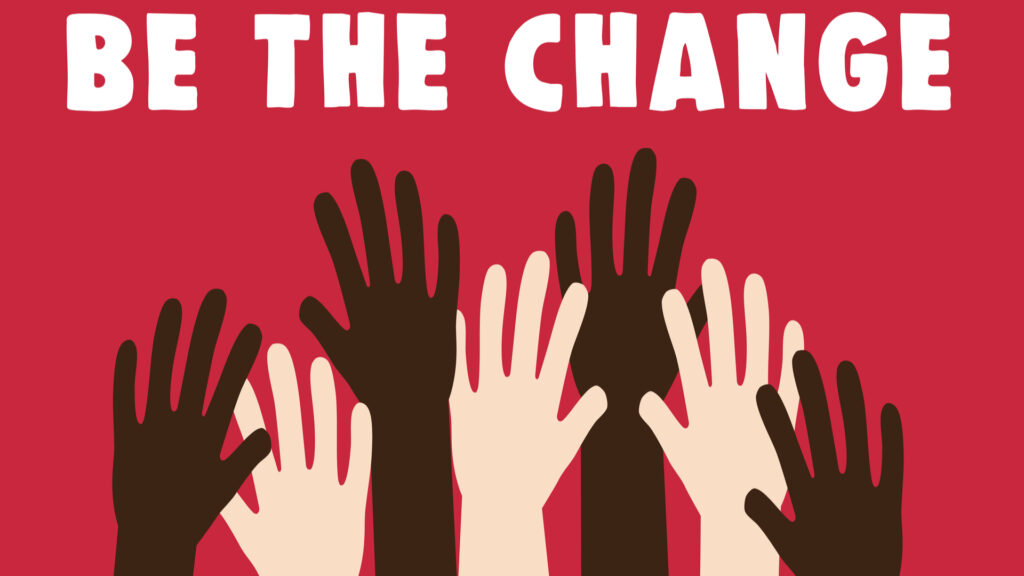
Adina Maglan writes about the importance of culturally aware and thoughtful communication
Using translation tools can be useful but it is not enough to simply translate your message word for word, it is important to be culturally aware and thoughtful when communicating with each other.
Cultural awareness and cultural sensitivity are very important aspects of inclusiveness and can work as strong tools for removing bias, whether it is conscious or unconscious, The are vital if organisyations are to become equal and genuinely inclusive. In an ever- changing world with culturally richer communities, it becomes more important than ever to learn how to manage this richness so it does not become a barrier to inclusion. Being pro-active about recognising the numerous cultures represented in a team is a first step organisations can take in order to equip their staff with the confidence needed to communicate inclusively and develop comfortable, respectful work environments where everyone feels welcomed and included
Recently, I came across an advert in the window of a hotel near where I live in London. The advert was for a housekeeping job and had two versions: in English and Romanian. The area is home to a large Romanian community and that could explain the choice to translate the poster in Romanian. However, it did make me very uncomfortable knowing the huge stereotypes around Eastern Europeans (and Romanians in particular) being seen as able to be working only in certain industries and roles, mainly lower-skilled and lower-paid, manual labour jobs and and that employers imagine these roles only appeal to Eastern Europeans. The advert managed to perpetuate this stereotype and it also excluded other communities by only targeting Romanian speakers.
The attempt to interest Romanians only was very misguided, the most negative part of this advert was the Romanian translation: housekeeper was translated as “servitoare”. According to the Romanian dictionary (and Google Translate which was probably the tool the hotel used to translate this), servitoare can mean housekeeper, but only if there is enough context to say that. Otherwise, any Romanian would know that servitoare is demeaning, oftentimes used pejoratively and as a synonym to slave. It can also mean of lower class, worthless, obedient, an object, and can have many more other negative connotations. This was a chain hotel, part of a large international corporation, so I assume they had the correct tools at hand to ensure that the translation was accurate and culturally sensitive. And more importantly, not offensive to the Romanian community living locally. By being complacent and not seeking advice on how to adapt a translation so that it is meaningful and respectful, the hotel showed a lack of respect to their future candidates, be they Romanian or of any other nationality.
Thirdly, the word servitoare is gendered. It’s the feminine version of slave or domestic servant, thus discriminating against men
Managing a migrant workforce is a skill. It requires training and a deep understanding of how to treat diversity, including diversity of culture, nationality, and language. For example, the word bullying does not have an exact translation in Romanian. And there are many more examples out there, it just takes a bit of effort to learn how to avoid offending and discriminating people from a different culture.
And why do I think this is of paramount importance? It’s because a manager told me once that I should be looking for jobs in coffee shops or on construction sites. She didn’t give anyone else the same advice, just me. I am Romanian.
Words matter. They can build or they can destroy. It’s up to us (and in this case up to the employers) to take responsibility for what we say and learn how to manage a diverse and inclusive recruitment process and workforce.
Most importantly, migrants are not just numbers. They are people with feelings, aspirations, and skills. Just like anyone else out there.
To find out about our training course, ‘Managing a Migrant Workforce’, contact tgiuk@togetherintheUK.co.uk.






